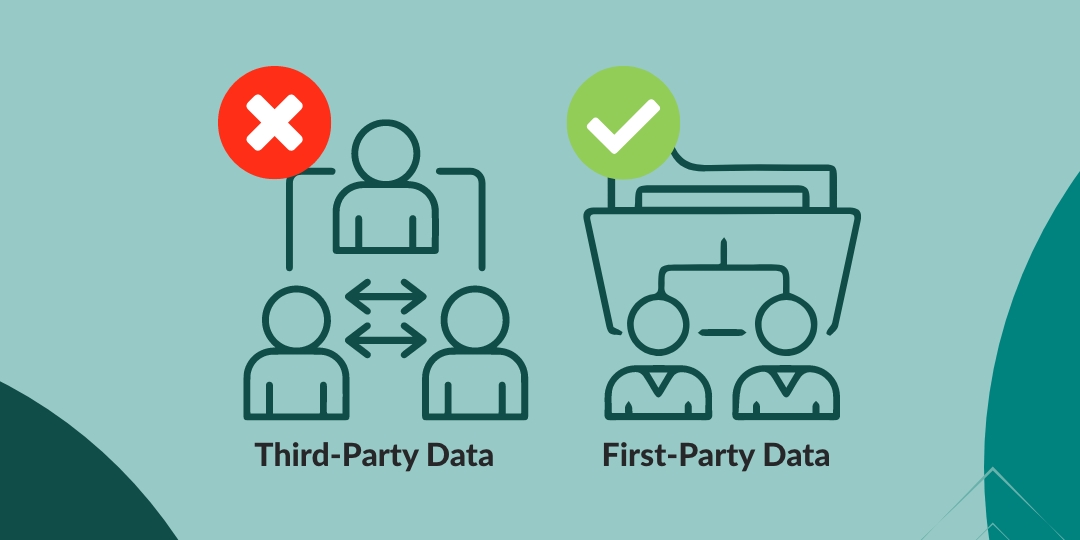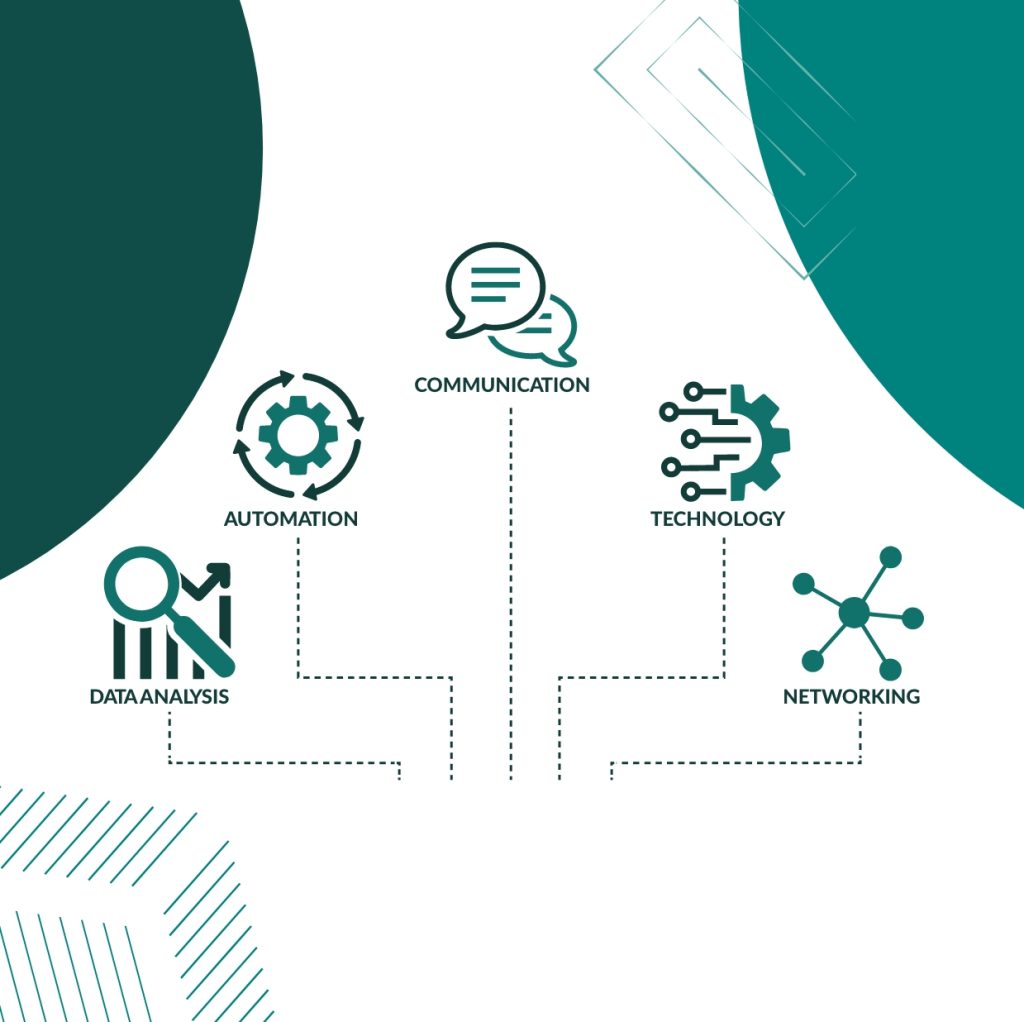
Navigating Changes in Third Party Cookies
In today’s digital landscape, third-party cookies have been instrumental in helping businesses understand consumer behavior and target their advertising effectively. However, recent developments, particularly Google’s Tracking Protection feature in Chrome, are shaking up the status quo.
This feature automatically blocks third-party cookies, giving consumers more control over their online privacy. While this shift empowers consumers, it presents a challenge for marketing and advertising for businesses accustomed to relying on these cookies for valuable insights.
Understanding Third-Party Cookies
Third-party cookies are like silent observers tracking users’ online activities across different websites. They provide crucial data that businesses use to tailor their advertising campaigns to specific interests and preferences. For marketing and advertising agencies, this change calls for a strategic pivot. Instead of solely relying on third-party cookies, agencies must explore alternative methods to gather insights and deliver targeted ads to their clients’ audiences.
Navigating Changes
One approach is to prioritize first-party data collection directly from customers. This involves engaging with consumers through surveys, feedback forms, and other interactive channels to gather valuable insights without infringing on their privacy.
Agencies can also leverage contextual advertising, which targets ads based on the content of the webpage rather than individual user data. By aligning ads with relevant content, businesses can still reach their target audience effectively.
Collaboration with other businesses and data partners can also provide valuable insights into consumer preferences and behaviours. By pooling resources and sharing data responsibly, agencies can enhance their targeting capabilities and deliver more relevant advertising experiences to their clients.
Investing in advanced analytics and technology solutions can help agencies make sense of available data and identify trends and patterns. By leveraging these tools, agencies can refine their strategies and ensure their clients’ advertising efforts remain effective in the changing digital landscape.
To learn more about how your business may be affected and how you can leverage techniques to navigate this change, reach out to our team today. We’re here to help you adapt your marketing strategy and continue driving meaningful results in the evolving digital landscape




